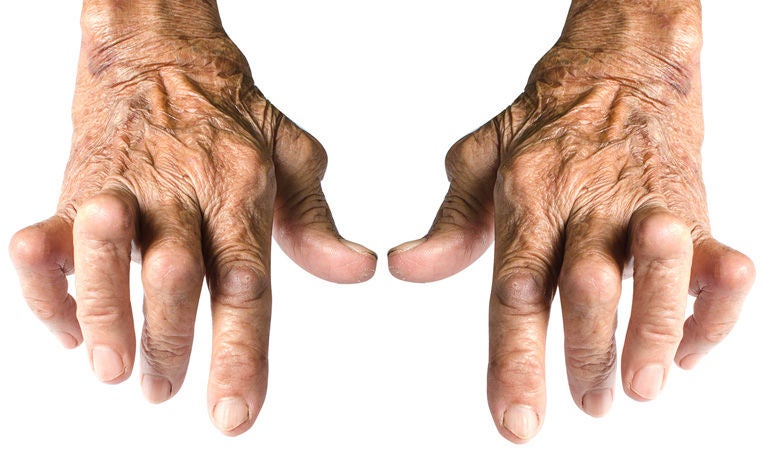
Rheumatoid arthritis (RA) usually affects joints, although less frequently can also affect the skin, eyes, lungs and other organs.
Information provided by the Department of Rheumatology and Immunology, Singapore General Hospital (SGH), a member of the SingHealth group.
Rheumatoid arthritis (RA) is the most common autoimmune rheumatic disorder and affects around one per cent of the population, which is equivalent to about 45,000 people in Singapore. A chronic inflammatory disorder, it affects the joints and less frequently, the skin, eyes, lungs and other organs.
Symptoms of Rheumatoid Arthritis (RA)
Rheumatoid Arthritis (RA) causes joint stiffness, pain and swelling and possibly other organ damage. The joints affected and the severity of joint or other organ inflammation varies between people.
Sometimes, a person may not realise for a long period of time that he has RA because the symptoms may be as subtle as persistent tiredness and mild joint stiffness.
Risk Factors of Rheumatoid Arthritis (RA)
Rheumatoid arthritis (RA) affects all races and 75 per cent of patients are female. The age at which RA most frequently begins is 20 to 45 years.
Although the exact cause for RA is unknown, it seems that certain people inherit the tendency to develop it. This means your children will be more likely to develop RA if you suffer from RA, but the risk is still low.
Diagnosis of Rheumatoid Arthritis (RA)
In order to diagnose rheumatoid arthritis (RA) accurately, a doctor must evaluate the patient and will usually also perform blood tests and x-rays. It is very important to diagnose RA as early as possible as research has shown that prompt treatment improves the chance that the patient's joints and organs will remain healthy and will not be permanently damaged.
Referral to a rheumatologist (a specialist doctor who looks after patients with rheumatic disease) is often helpful for confirmation of RA and its treatment.
Treatment of Rheumatoid Arthritis (RA)
Upon confirmation of the diagnosis of rheumatoid arthritis (RA), the attending doctor will determine the type of medication suitable for the patient based on individual requirements.
Examples of medications used to treat RA are:
- NSAIDS (Diclofenac)
- Prednisolone
- Hydroxychloroquine
- Methotrexate and
- TNF-blockers such as etanercept and infliximab
The attending doctor may also arrange for the patient to meet the rheumatology nurse clinician, physiotherapist and occupational therapists, if appropriate.
Rheumatoid arthritis (RA) causes mainly joint, but possibly other organ inflammation as well. Referral for evaluation should be considered as soon as possible if RA is suspected, so that appropriate treatment can be given to prevent permanent organ damage.
At the moment, there is no cure for RA but rapid research developments have given rise to treatments that have enabled people affected by RA to live normal lives.
Ref: S13
Check out our other articles on rheumatoid arthritis (RA):
Rheumatoid Arthritis (RA): Other Complications That May Occur
Contributed by
















